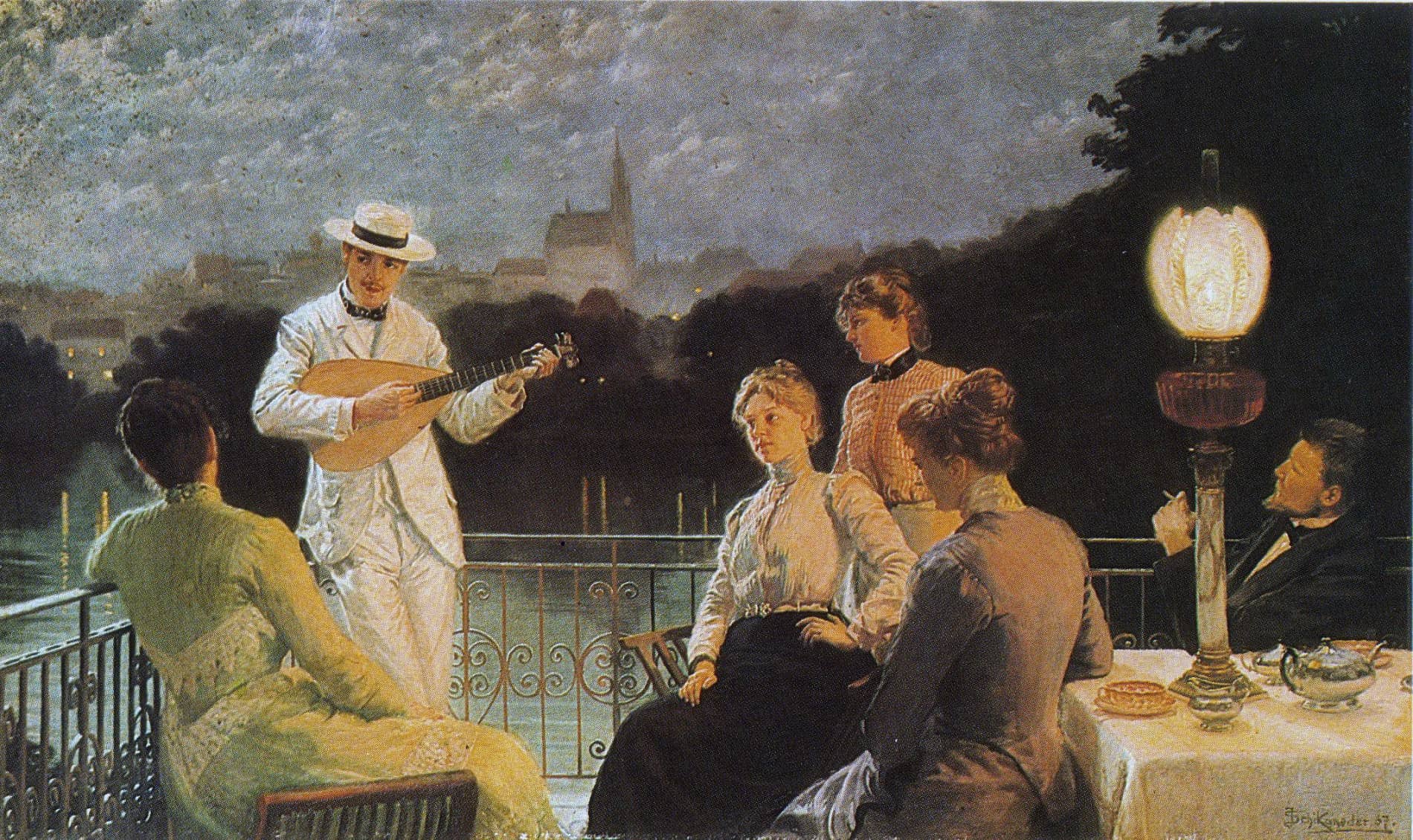A FILM DIRECTED BY
Milan Cieslar
SCREENWRITER:
Jiri Hanibal
Milan Cieslar
Sara Zeithammerová
Happy Celluloid PRODUCTION
Associate producer Janis Kalejs (Latvia), Pavel Mařík
LANGUAGE: Czech, English
FEDA – FULL – VOCAL + VIOLIN
The name of Frojda appears in the music composition. F-E-D-A tones are sounded with vocals.
Recording produced by Jan Valta / Produkce nahrávky: Jan Valta

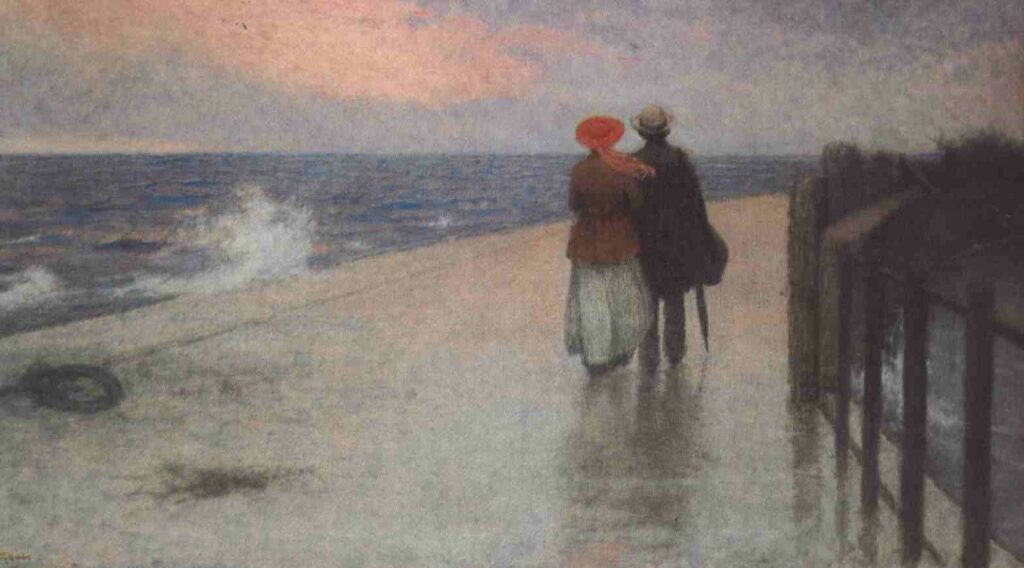
synopsis (en)
In 1883, Fröjda Benecke, charismatic widow of a Gothenburg ship-owner, arrives in Jabkenice, where a deaf and half-mad old man lives in solitude and silence. The man is a composer Bedřich Smetana. He doesn’t recognize Fröjda, whom he fell in love with many years ago. But in her presence, he slowly recalls the beginnings of his artistic career when he accepted a conducting post in Gothenburg.
In 1856, Smetana had failed to establish a musical career in Prague and lost three of his four daughters, his own wife Kateřina’s health begins to fail, too. Therefore, he travels to Gothenburg, where he is admired, and accepted by the crème de la crème of culture and society.
At his first concert, he is introduced to Fröjda, a twenty-year-old socialite, wife, mother, and aspiring pianist and is dazzled by her. She is similarly taken by him. Their lives are eerily similar. Both have spouses who don’t understand their passion for music. Both have lost a child and suffered. Both want to break free of the conventions of society.
Smetana’s stay in Gothenburg inspired him greatly and he composed many symphonic poems, such as Impromptus, Bagatele and Ball Vision. He drew a great deal of inspiration from his passionate yet platonic relationship with Fröjda. Smetana wants an intimate relationship with her, but she vows to remain loyal to her husband. Unfortunately, their guarded closeness becomes a subject of gossip which travels overseas and reaches Kateřina, who has stayed behind in Prague.
Determined to save her marriage, Kateřina travels to Gothenburg with her last surviving daughter Žofie and her unmarried sister, Alžběta, who serves as her caregiver. In Gothenburg, Kateřina finds out about the true depth of Smetana’s feelings towards Fröjda and is grief stricken. The cold weather takes a toll of her health. Eventually, Smetana has no choice but to abandon his post and take his family back to Prague, so Kateřina can see her home again before she dies. Smetana is forced to say goodbye to Fröjda who vows never to forget him or their love. Smetana travels back to Prague but Kateřina does not make the journey.
Back in 1883, Smetana is being taken care of by his daughter Žofie but his health and rapidly deteriorating mental state make him dangerous to himself and others. His most famous compositions sound in his head, the arias tangled together. Some compositions anticipate the style of modern 20th century music. He hallucinates. Fröjda tries to get Smetana to recognize her through a musical motif which he once incorporated into his composition in her honour but ultimately lashes out at her and doesn’t want anything to do with her. Fröjda offers Žofie money, collected by her friends in Gothenburg to get treatment for Smetana abroad and departs. At that moment, Smetana remembers her, but she has already left forever.
The film is narrated without any historical pathos. We see the composer as a man riddled with doubts and deep feelings, we follow the artistic beginnings of an extremely talented musician who could incorporate his own emotions into his work. At the end of his life when he loses his mind, he is still a man ahead of his time, a man whose style resembles 20th century modernists. The story doesn’t present Smetana as a figure from a textbook but rather as a modern human being confined by conventions of 19th century.
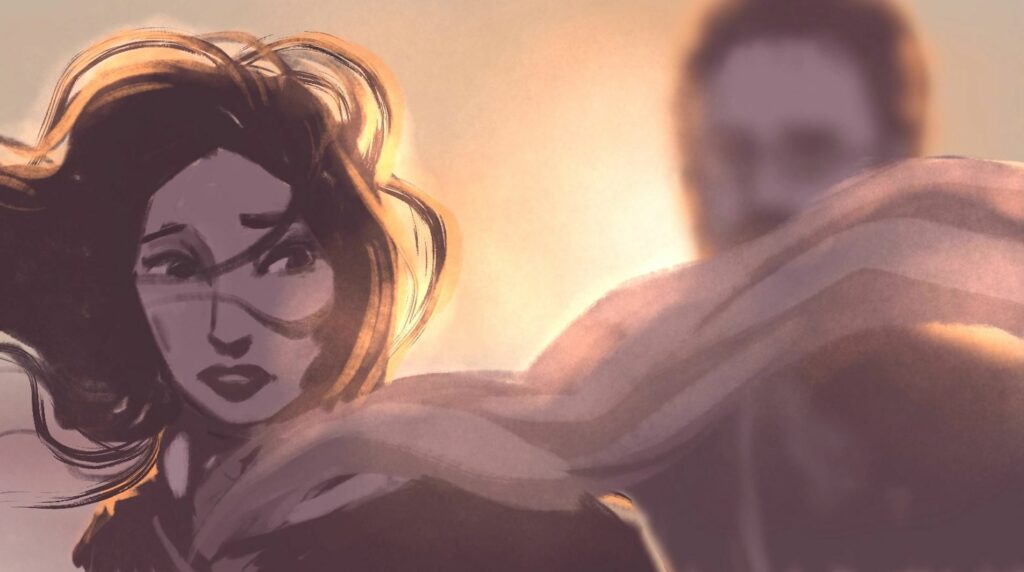
The 2nd quartet, which presents Smetana’s „modernist“ approach in his last orchestral work, which, by the way, was also admired by A. Schönberg.
Download or play
HEROLDOVO KVARTETO / HEROLD QUARTET 1.mp3
Download or play
HEROLDOVO KVARTETO / HEROLD QUARTET 2.mp3
Download or play
HEROLDOVO KVARTETO / HEROLD QUARTET 3.mp3
Download or play
HEROLDOVO KVARTETO / HEROLD QUARTET 4.mp3
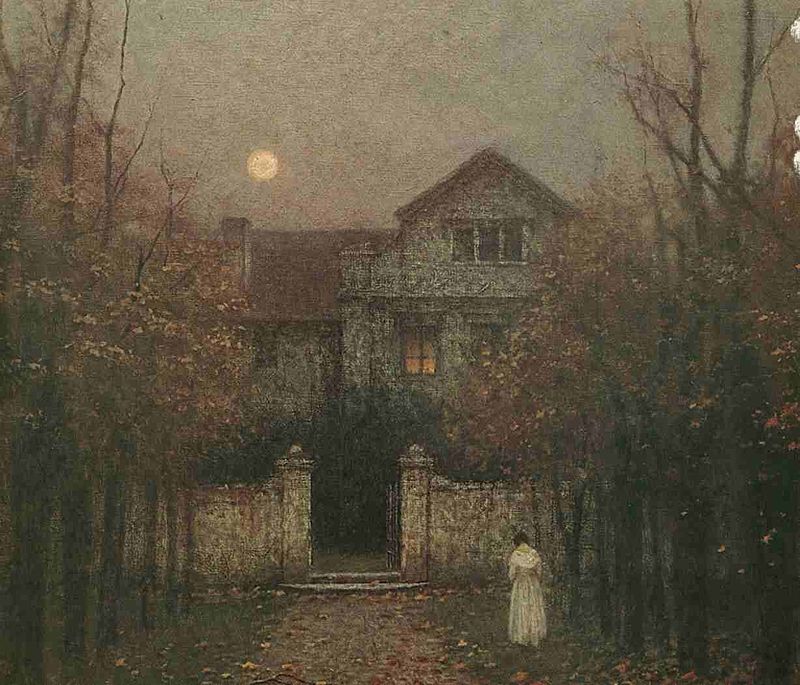
synopse (cz)
Celovečerní film zachycuje životní etapu českého hudebního skladatele Bedřicha Smetany. Vedle Dvořáka a Janáčka je Smetana zakladatelem české i představitelem evropské hudební kultury 19. století. Příběh je soustředěn na jeho působení v Göteborgu. Portrét je intimní, expresivní a díky romanci mezi skladatelem a švédskou mecenáškou přibližuje velikána velmi současně.
Krásná a charismatická Fröjda Benecková, žena göteborského rejdaře, zavítá v roce 1883 do Jabkenic, kde v tichu a osamění u své dcery Žofie žije hluchý a napůl šílený stařec. Je to starý Smetana. Svou životní lásku nepoznává, zbytek příčetnosti mu vybavuje vzpomínky na dobu prvního zahraničního angažmá.
Po úmrtí tří dcer a zejména té poslední nejnadanější, Smetana lodí cestuje do Göteborgu, pryč z Prahy, která není Smetanovi nakloněna. Po příjezdu se seznamuje s kulturní a společenskou smetánkou města, hned na prvním bále poznává charismatickou Fröjdu, která září a oslňuje. Smetanu, který bude ve městě dávat hodiny klavíru a vést místní sbor, tato žena zaujme svou bezprostředností a krásou. Svou manželku Kateřinu, kterou skladatel zná od devatenácti let a která trpí nevyléčenou tuberkulózou, Smetana zanechal v Praze. Prostředí Göteborgu inspiruje Smetanu ke složení symfonických básní Impromtus, Bagatele a jméno Fröjdy, tóny F-E-D-A vkomponuje do kusu Vidění na plese. Doslova vidíme, jak se dravé životní impulsy proměňují v první charakteristické Smetanovy symfonické básně. Jsme svědky tvůrčího procesu. Komponování jde v ruku v ruce s vášní, s jakou Smetana propadá Fröjdě. Oba jsou svým způsobem poznamenáni stejným osudem, jsou zadaní, jejich protějšky jim neposkytují lásku a životní naplnění. Oba hrdinové však nemohou překročit konvenci doby, i když jsou unášeni až na samý kraj možného. Do Göteborgu přijíždí Smetanova manželka Kateřina s dcerou Žofií a sestrou Alžbětou. Kateřina se dozvídá o mimomanželském vztahu, o jeho hloubce a sžíravosti. Göteborg je příliš malý, aby se tak divoký a turbulentní vztah na veřejnosti ututlal. Kateřina ze všech sil bojuje o Smetanu. Sestra Alžběta, která doprovází Kateřinu jako její zdravotní sestra, s dcerou Žofií opouští Göteborg. Smetana skládá Richarda III. a Fröjda je zoufalá, umírá ji syn. Kateřina je na pokraji svých sil a její zdravotní stav naznačuje trpký konec. Smetana opouští Göteborg a odjíždí do Prahy. Kateřina na cestě umírá.
Jsme zpět na začátku, v roce 1883. Ovdovělá Fröjda předává Žofii peněžní sbírku švédských přátel na Smetanovo léčení hluchoty. Na to je však už pozdě. V posledních záblescích vědomí Smetana Fröjdu poznává, ta Jabkenice opouští. Smetana se v záchvatu zuřivosti stává nezvladatelným a nebezpečným sobě i okolí. Skladatelův osud je naplněn.
Film je vyprávěn bez jakéhokoliv historického patosu, vidíme skladatele jako pochybujícího, citem zmítaného člověka, který je obdařen mimořádným talentem a hudebností, s jakou své životní pocity vkládá do svého díla. Na konci života jako by předběhl svou dobu a svým stylem připomíná modernisty 20. století. Příběh neportrétuje Smetanu jako čítankovou osobnost, ale přibližuje ho současným divákům jako lidsky podmanivý charakter své doby.
Film je určen nejširšímu publiku, v žánru historického dramatu s hudebním doprovodem B. Smetany.
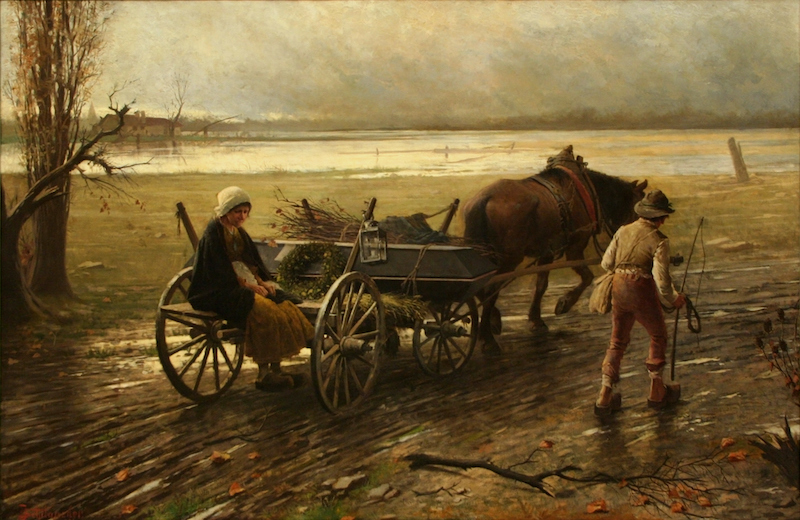
DIRECTOR’S STATEMENT
The period drama Friedrich and Fröjda is an adaptation of the novel Nordic rhapsody. The screenplay is a collaboration of three screenwriters of three different generations´ – Jiri Hanibal, who wrote the novel, Sára Zeithammerová, and myself. Our goal was to bring the love story of composer Bedrich Smetana and his Swedish muse, Fröjda Benecke to screen and avoid all the clichés and simplification associated with the genre.
We wanted to create a portrait of an artist who composed music as a reflection of his innermost feelings and desires. Not many people realize that Smetana was a self-contradictory figure in Czech music, a genius, a non-conformist who refused to be tied down with the conventions of the time he lived in. His personal life is reflected by his innovative work which precedes 20 th century modernists. His sensuality, sensitivity and tragic fate come close to the likes of Mozart, Beethoven or Chopin.
Our visual concept is shooting in muted colors of spring and winter, the mise en scène and the film tonality is inspired by the paintings of Jakub Schikaneder (1855-1924). We count on a top Czech and international cast in order to create a true cinematic experience conveying deep emotion common to us all. The score will consist of classical excerpts of the works of Smetana, Beethoven, Tchaikovsky and Mozart. The archival pieces and those newly orchestrated and recorded for the film will create a unified musical composition, as was achieved in Miloš Forman’s film Amadeus.
Our goal was not to create an art film for a select few but rather a classic story about the search for human connection and love, which saves us from the martyrdom of ordinary life.
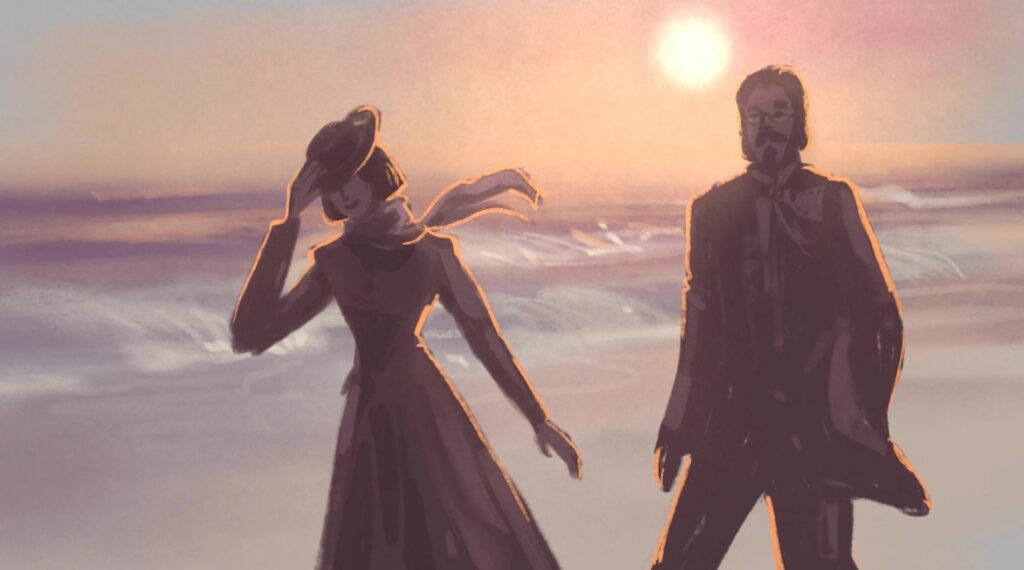
Prodaná nevěsta – Předehra — The Bartered Bride – Overture“.
The overture of Smetana’s most successful opera. Its overall tone is joyful, almost jubilant but retains its typical wit and Slavonic lyricism. This overture is difficult to interpret due to its lively tempo and considerable mobility, but its beauty has earned the entire opera a permanent place in repertoires worldwide.
Z mého života – 1.věta — From My Life – 1st movement
In “From My Life”, his first string quartet, Smetana reflects on life, specifically the time where he had to come to terms with the greatest loss for a composer: the loss of hearing. In the first part (Allegro vivo appassionato) the fateful tones of the main theme alternate with the intimate, almost melancholic mood of the secondary theme.
– Smetana: “Fate calls me to arms of life. Affinity for music in my youth, affinity for romance in both music and love, in life overall, the unspeakable desire for something I couldn’t name or imagine in entirety, and the quasi warning of my musical tragedy, that long sounding tone in the finale rose from this beginning, it is that fateful whistling of the highest notes in my ear which announced my deafness in 1874. I allowed this little game because it meant so much to me.”
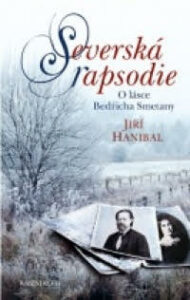
LOCATION
Jabkenice, where Smetana stayed with his daughter Zofia before his death
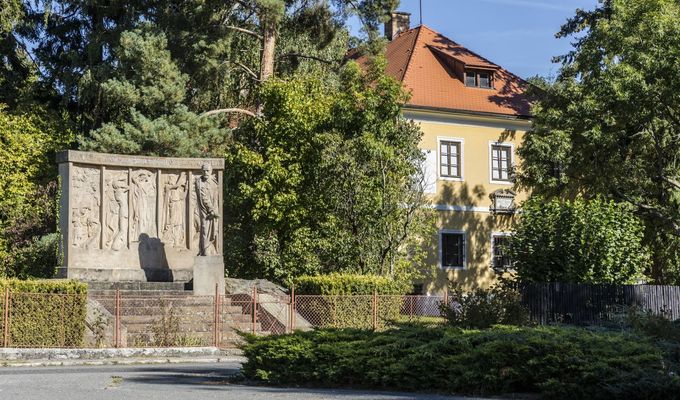
Má vlast – Z českých luhů a hájů —My Fatherland – From Bohemian Fields and Groves
Perhaps the most picturesque part of “My Fatherland” is a celebration of the beauties of the Bohemian countryside. With a majestic tutti in the first bars and with the help of beautiful chords and genius orchestral work, the countryside is portrayed as powerful and eternal. Further on in the poem, the Bohemian countryside is depicted in all its changeability: picturesque and dreamy, mysterious, and natural, diverse emotions change and merge into a pliant, emotionally powerful whole.
– Smetana: “This all is a universal portrayal of feeling while looking upon Bohemia. From all corners comes a song filled with ardor, from fields and groves, both joyful and melancholic. French horn solos describe the woods, rapturously fertile lowlands and more and more, everything is rhapsodized. Everyone can find what they desire in the piece – the poet has his own path ahead, even though he must focus on the details of the music.”

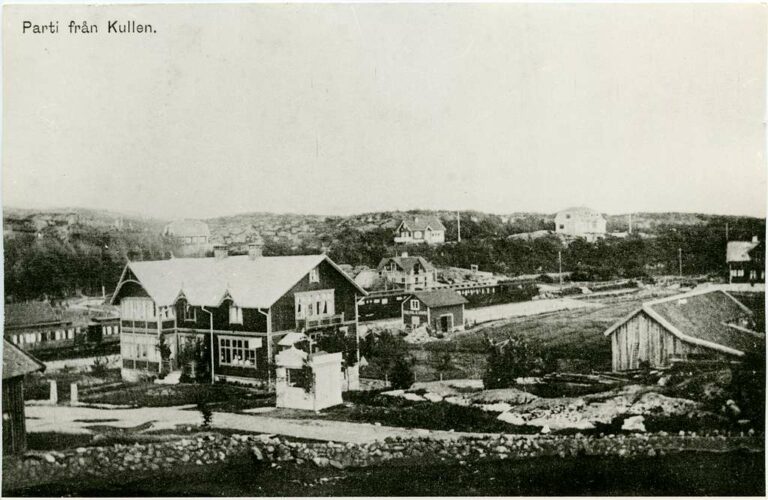

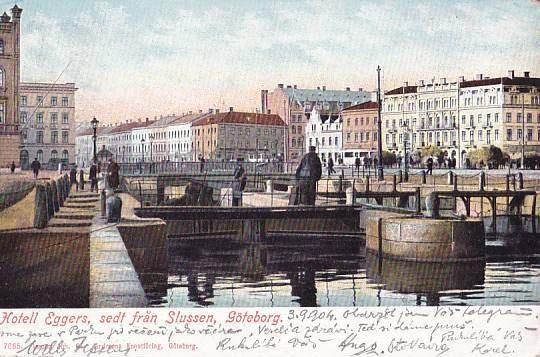
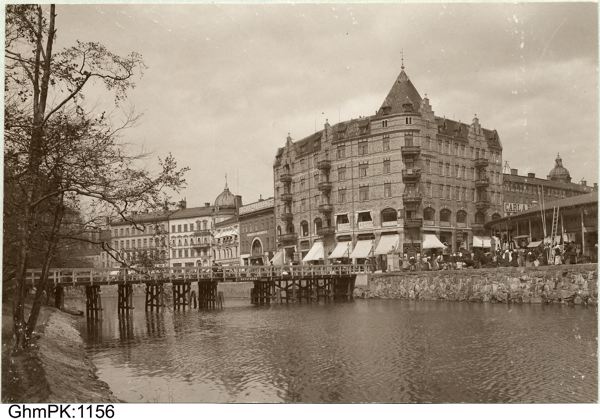
film references
Amadeus, Immortal Beloved, Tess, Danish Girl
years
series
episodes
happy celluloid production
Happy Celluloid is a film and TV production company founded in 1993. In the audiovisual market it acts an independent producer of feature film and television series spanning many genres, producing fourteen features, five series and fortyeight episodes. It brings together film professionals and serves as an active partner of the Czech Film Fund and all Czech television broadcasters.
